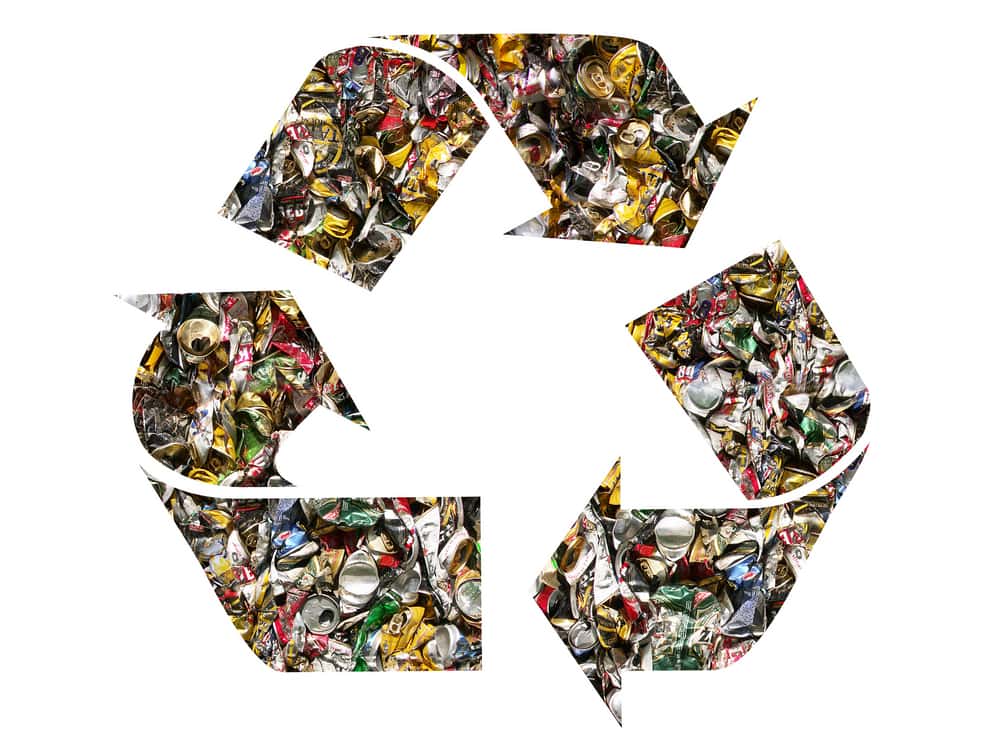Effective Tips for Scrap Metal Preparation

Understanding the Value of Scrap Metal
Scrap metal recycling is a lucrative business that not only contributes to environmental sustainability but also offers significant financial rewards. Understanding the value of different types of scrap metal is crucial for maximizing profit. Metals like copper, aluminum, steel, and brass are highly valuable and can fetch a good price if sorted and prepared correctly. Knowing the current market rates and demand for various metals can help you prioritize which scrap to focus on.
Scrap metal prices fluctuate based on market conditions, so staying informed about these changes is essential. Regularly checking scrap metal prices through online resources or local scrapyards can provide valuable insights. Moreover, establishing relationships with local recyclers and scrap yards can lead to better deals and insider information on the best times to sell.
Sorting Scrap Metal for Maximum Profit
Sorting scrap metal effectively is a critical step in the recycling process. Properly sorted metal is more attractive to buyers and commands higher prices. Begin by separating ferrous metals (like iron and steel) from non-ferrous metals (such as copper, aluminum, and brass). Ferrous metals are magnetic, making them easy to identify with a simple magnet test.
Within the non-ferrous category, further separate metals based on their type and purity. For instance, clean copper without any attachments or paint is more valuable than mixed or contaminated copper. The same applies to aluminum and other metals. Keeping metals clean and free from non-metallic materials like plastic or rubber enhances their value. Labeling and organizing metals in distinct bins can streamline the sorting process and prevent cross-contamination.

Get In Touch With Crestwood
Cleaning and Preparing Scrap Metal
Once sorted, the next step is to clean and prepare the scrap metal. Cleaning involves removing any dirt, grease, or other contaminants that can lower the metal’s value. Simple tools like wire brushes, solvents, and even high-pressure water can be used to clean metals.
For preparation, cutting large pieces of metal into smaller, manageable sizes is often necessary. This makes transportation easier and reduces costs. Using tools like saws or metal shears can efficiently cut metals down to size. Additionally, stripping insulation from copper wires or removing attachments from metal frames can further increase the scrap’s value. Proper preparation ensures that the scrap metal is in its most valuable form when it reaches the recycler.
Storing Scrap Metal Safely
Storing scrap metal correctly is vital to maintaining its value. Exposure to the elements can cause metals to degrade, rust, or become contaminated, reducing their worth. Store scrap metal in a dry, covered area to protect it from rain and moisture. If indoor storage isn’t an option, using tarps or metal containers can provide adequate protection.
Additionally, organizing scrap metal by type and keeping it off the ground can prevent contamination and make it easier to manage when it’s time to sell. Regularly inspecting the storage area for leaks or other potential hazards can ensure that the scrap metal remains in good condition.
Finding the Right Buyers
Identifying and partnering with the right buyers is crucial for maximizing profit from scrap metal. Research local scrap yards and recycling centers to compare their rates and policies. Some buyers may offer higher prices for certain types of metal or larger quantities. Building a good relationship with these buyers can lead to better deals and faster transactions.
Consider looking beyond local buyers to regional or even national recyclers who might offer competitive prices. Additionally, some industries or businesses may be interested in purchasing scrap metal directly for their manufacturing needs. Exploring various avenues and negotiating prices can significantly enhance your profitability.
Leveraging Technology for Scrap Metal Management
Technology can play a significant role in optimizing your scrap metal recycling process. Utilizing digital tools and apps to track prices, manage inventory, and find buyers can streamline operations and improve efficiency. Many apps are available that provide real-time scrap metal prices, helping you make informed decisions on when to sell.
Additionally, using software to manage your scrap metal inventory can ensure accurate records and prevent losses. These tools can help track quantities, types of metals, and storage locations, making it easier to organize and sell your scrap. Embracing technology can give you a competitive edge in the scrap metal industry, ultimately leading to higher profits.



